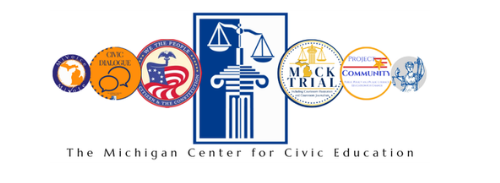Students learn how the U.S. Constitution came to exist by looking at the tensions and differences of opinion that existed among early American states and citizens. Students learn about the Articles of Confederation, why the first “constitution” didn’t work, and how compromise led to the Constitution.
Civics Lessons
Wanted: A Just Right Government
Constitution Day Lesson 14th Amendment
The goal of this activity is to introduce 8th grade students to the Fourteenth Amendment of the U. S. Constitution (equal protection under the law).
The Preamble to the Constitution: How Do You Make a More Perfect Union?
These lessons help your students begin to understand why the Founders felt a need to establish a more perfect Union and how they proposed to accomplish such a weighty task.
The Invaders: A Constitutional Rights Activity
Introduces students to the rights guaranteed in the U.S. Constitution.
Responsibility and the U.S. Constitution
In this lesson, students learn about responsibility and apply the concept to segments of the U.S. Constitution.

